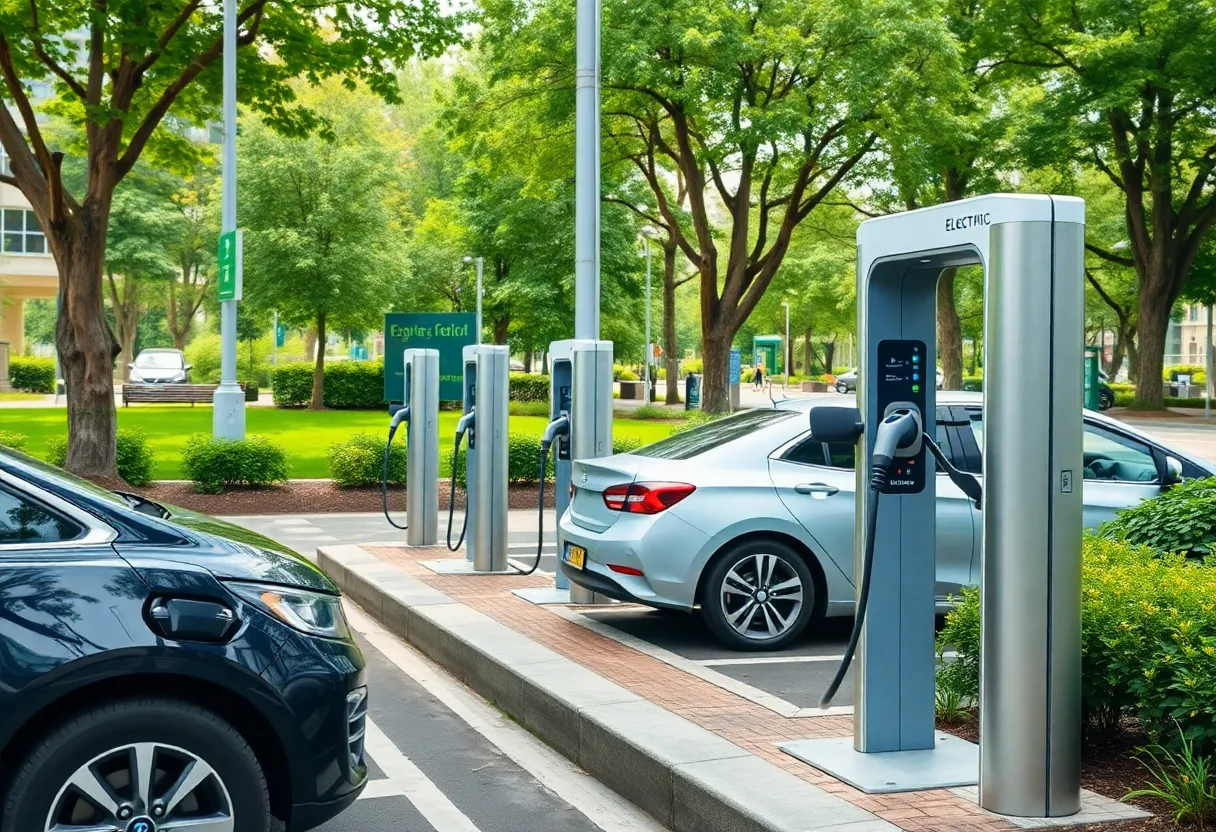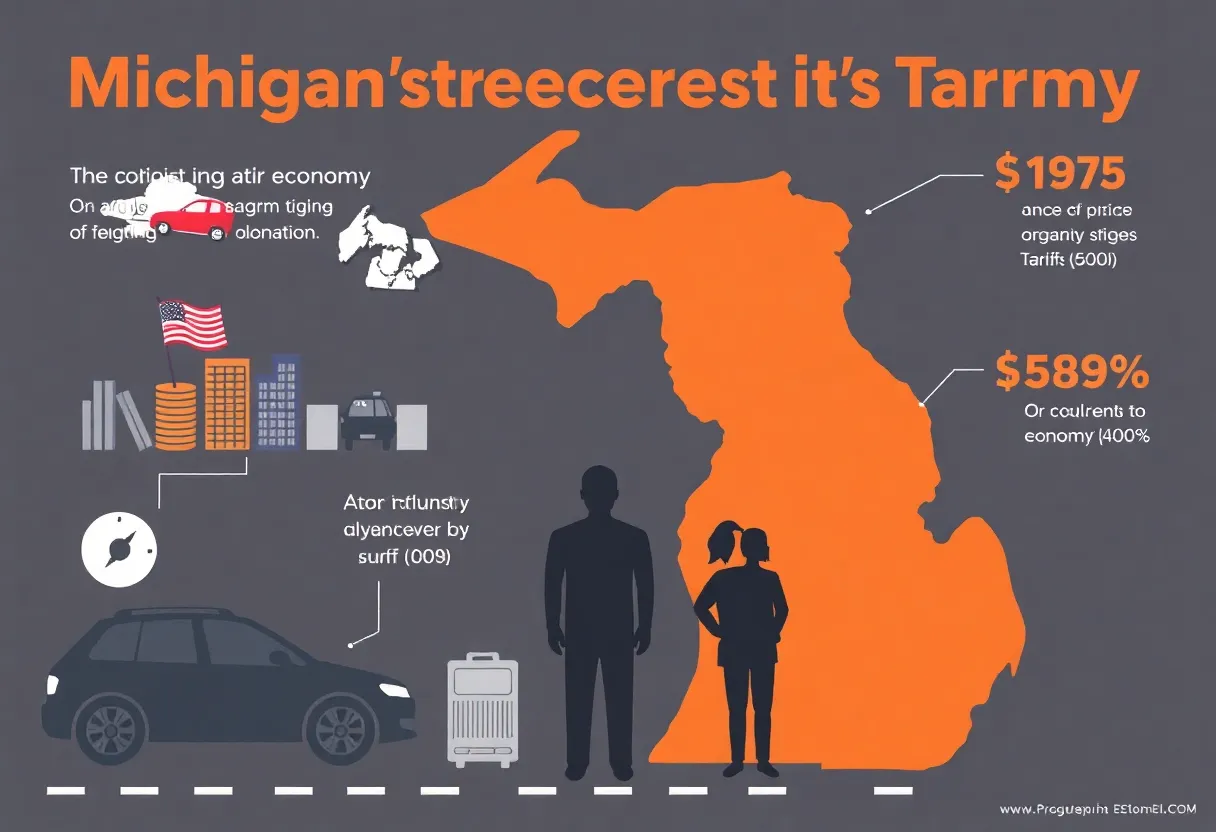News Summary
A recent directive from the Trump administration has put the National Electric Vehicle Infrastructure (NEVI) program on hold, creating confusion among states regarding the future of electric vehicle charging stations. With $5 billion initially allocated for the initiative, states are unsure how to proceed as they await further federal guidance. Some states have paused their projects while industry leaders express concerns about the impact on the transition to electric vehicles. Legal challenges may also arise concerning the authority of the federal government in halting these projects.
Federal Freeze on EV Charging Station Program Leaves States Scrambling
Well, it seems things have taken a sudden turn in the world of electric vehicles, and many states are feeling quite puzzled. The Trump administration recently issued a directive that has put the brakes on the National Electric Vehicle Infrastructure (NEVI) program, which had set aside a hefty $5 billion for creating a network of electric vehicle charging stations across the country. This unexpected move has caused quite a bit of confusion about what comes next.
What’s Happening?
The memo that triggered this freeze was signed by Emily Biondi, who is in charge of a certain portion of the U.S. Transportation Department. Dated February 6, the memo makes it clear that the approval of state plans for deploying electric vehicle infrastructure is now on hold. This affects plans that were previously authorized under that all-important bipartisan infrastructure law from 2021.
As you can imagine, some states are now hitting the pause button on their current projects. For example, both Alabama and Rhode Island are halting their work on charging stations, while others, like Kentucky and Texas, are choosing to push forward for now, waiting for further instructions from the federal government.
Uncertainty Across the Board
Ohio officials have joined in the uncertainty, expressing their own confusion about the future of EV charging station construction. They feel like they’re in the same boat as many others, grappling with what to do next. Before this latest directive, some states had already put their EV programs on ice, following a memo that came out on January 20.
To make things even more complex, it turns out that around $3.3 billion of NEVI funding had already been given to the states. Now, states are left wondering how this new freeze may impact their future spending and reimbursement for already underway projects.
What Should States Do?
As the dust settles on this memo, officials are advising those with projects currently in motion not to quit on them just because of the announcement. However, the uncertainty is gnawing at many state leaders as they question how to proceed without clear federal guidance.
Interestingly, in order for the halt to become an absolute freeze on state spending for EV infrastructure, it might actually take an act of Congress. So, there’s room for hope, but also a lot of waiting around.
Industry Response
Despite the federal funding hiccups, industry leaders believe that the demand from consumers will likely keep driving the growth of charging networks. The NEVI program was designed to ease buyers’ fears about long-distance travel in electric vehicles, with charging stations meant to be available along routes nationwide.
However, experts are raising alarms that delaying these infrastructures could slow down our transition to electric vehicles and deter consumer interest, which is not ideal as more folks are looking for greener options.
Contractual Concerns
In the wake of the decision, several states had already awarded contracts and planned other projects, but these plans are now up in the air as officials wait to see how federal funds will be impacted.
On another note, Ford Motor Co. has raised concerns that this freeze may result in significant losses for their electric vehicle and software sectors, indicating that the financial stakes are high. Those in Michigan are not sitting still either; transportation officials there have paused ongoing contracts while they assess what this directive actually means for them.
Legal Battles Ahead?
Experts are also speculating that there may be legal challenges from states regarding the Trump administration’s authority to halt federally funded projects in such a seemingly arbitrary way. It appears that the saga of electric vehicle infrastructure is far from over.
Overall, this sudden turn of events complicates efforts to expand access to electric vehicles, leaving many questions unanswered. States and consumers alike will be watching closely as things unfold, hoping for a clearer path forward in the quest for a more sustainable future.
Deeper Dive: News & Info About This Topic
- CBS News
- Wikipedia: Electric vehicle charging infrastructure
- The New York Times
- Google Search: Electric Vehicle Charging Funding 2025
- The Washington Post
- Google Scholar: Trump Administration Electric Vehicle Charging
- Axios
- Encyclopedia Britannica: Electric Vehicles
- Business Insider
- Google News: Trump Administration EV Charging








